Democratic local officials and tribal leaders across America should be provided with the necessary resources to implement a host of actions that will improve our policing system. DMO members should seek to institute better practice for de-escalation and bias-free training, qualified immunity reform, expansion of mental health programs, and the increase of community policing practices.
Implementation of De-Escalation Training for Officers
Cities all across the country need a modernized model for training new and current police officers. Funding for additional training would come in two ways.
- Larger police departments would see a percentage of their funds diverted into expanding and fortifying training curriculum.
- For smaller police departments, additional funding would come from the city’s budget.
The Seattle Police Department recently employed a de-escalation manual. This manual directs police officers to:
- “Conduct a threat assessment so as not to precipitate an unnecessary, unreasonable, or disproportionate use of force…”
- Improve the communication between suspects and officers which could reduce the likelihood of a deadly policing incident.
- Apply L.E.E.D during vocal instructions
- Listen
- Explain
- with Equity
- and Dignity
- To examine any physical or mental constraints that may prevent suspects from complying to the orders of officers rather than presuming intentional defiance.
- Addresses the usage of less deadly weapons and modifies the official policing policies of Use of Force.
New York’s Qualified Immunity Reform
The New York City Council passed a Qualified Immunity Reform Bill which is a first in such a large jurisdiction.
- NYPD is the largest police station in the country and the first of its caliber to make significant reforms to qualified immunity, which sets the floor for additional cities to follow suit.
- The Bill creates “[a] right of security against unreasonable search and seizure…”
- If such a right of security has been breached by an officer, a citizen will be granted the power to bring a civil action against the officer.
New York City Councilmember Stephen Levin stated the following after the passage:
- “Today we provide the people of New York City an important tool for accountability when law enforcement violates their rights.”
Cleveland’s Implementation of Community Policing
The positive outcomes of community policing would mend broken relationships between the police and communities. The Cleveland Community Police Commission was created to implement better practices of hiring community-native officers in Cleveland. DMO Officials should model community policing commissions throughout their cities across the country.
Here is a Youth x Community Policing Presentation which provides robust infographics and statistics about the current policing system and how it affects the youth community versus what the implementation of community policing could look like.
Mental Health Services Expansion
- Many police stations across the country have displayed difficulty handling situations of mental distress within their local communities. The expansion and implementation of mental health services divisions within police stations would resolve this issue.
- This style of emergency response would provide communities increased access to mental health services and treatments, and counselors during incidents dealing with mental health. This could make the difference between resolving a case successfully and a deadly incident.
This Department of Justice Model which provides block grants for collaborations with mental health officials: https://bja.ojp.gov/sites/g/files/xyckuh186/files/media/document/jmhcp-law-enforcement-grants.pdf
The George Floyd Justice In Policing Act of 2021
The George Floyd Justice in Policing Act of 2021 provides the most robust reform on policing including;
- National Qualified Immunity Reform of officers for those that abuse conduct.
- Authorizing the Justice Department subpoena power over “pattern-or-practice investigations.”
- The establishment of the National Police Misconduct Registry, which tracks termination and discipline records.
- It also tracks any complaints filed against a police officer.
- Prohibits No-Knock Warrants at private residencies.
- Bolstering of Independent Investigations into police departments, replacing internal investigations.
- Programs to eliminate racial bias within schools and neighborhoods.
